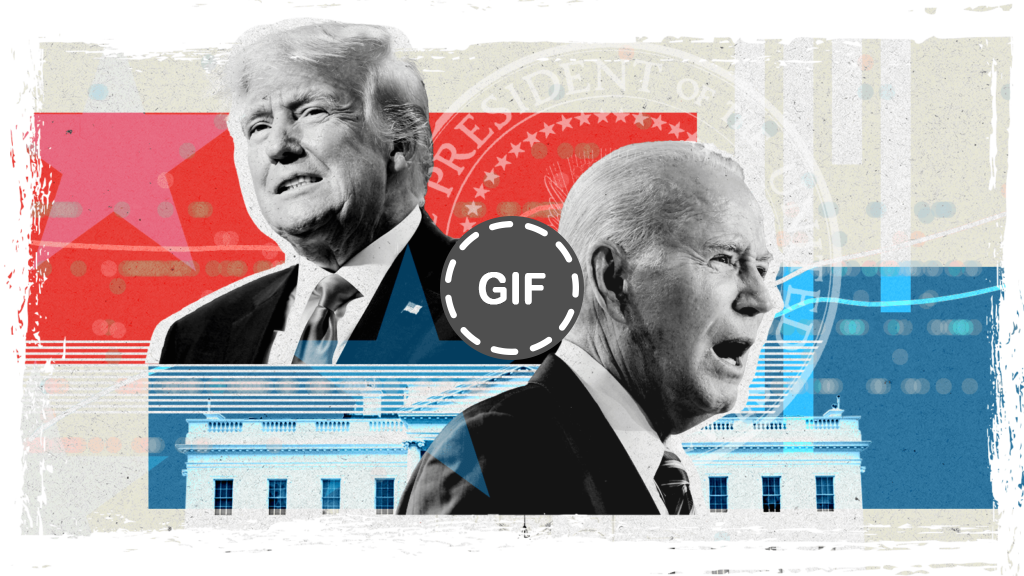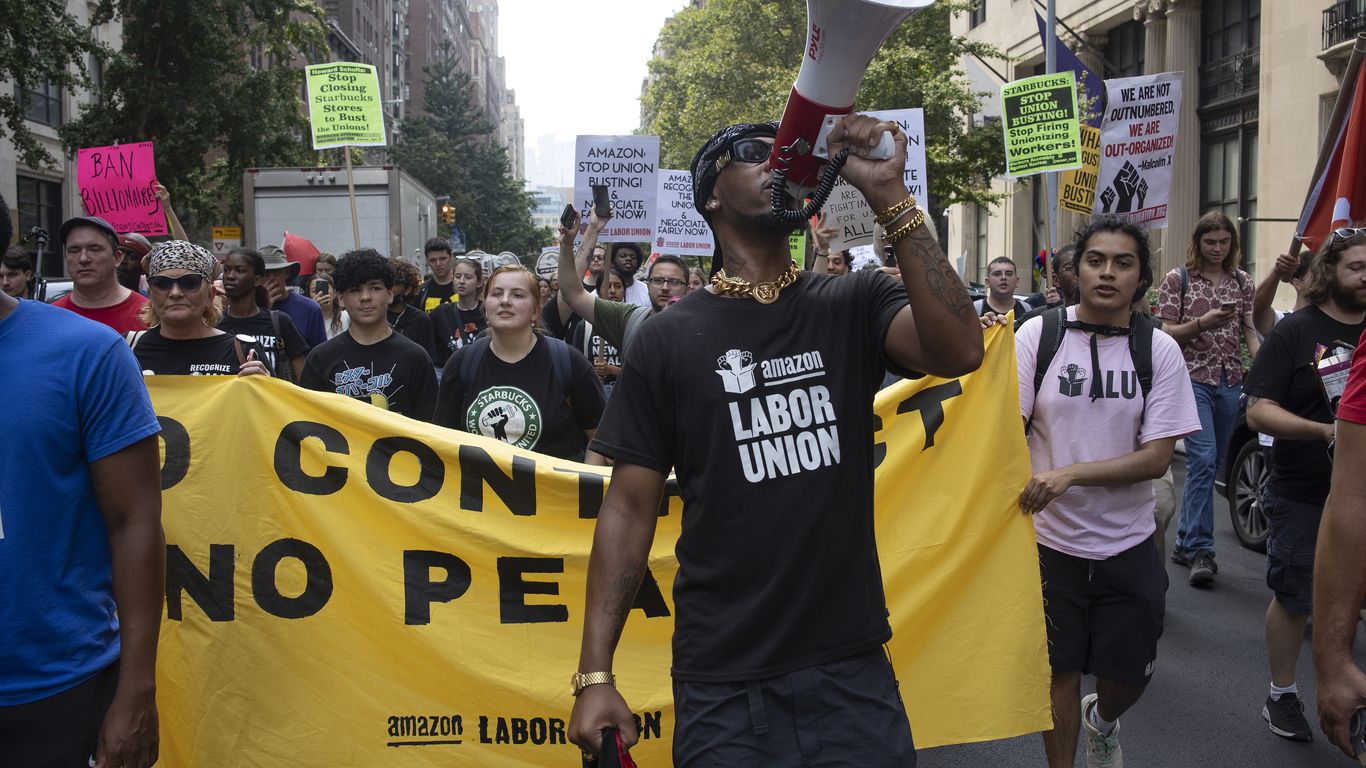Portugal Heads To The Polls Again: Analyzing The Third Snap Election

Table of Contents
The Road to the Snap Election
The current snap election is the culmination of years of political gridlock and failed coalition attempts. The previous two snap elections, in [insert year of previous elections], stemmed from [briefly explain reasons for previous snap elections, e.g., budget disputes, loss of confidence in the government]. The inability of various parties to find common ground on key policy issues led to the collapse of previous coalition governments, highlighting the deep divisions within Portuguese politics. This third election underscores a worrying trend of political instability and the challenges in building lasting coalitions.
- Breakdown of the previous government's successes and failures: [Detail specific successes and failures of the previous government, citing relevant examples and statistics. Tie these to the reasons for the snap election].
- Key policy disagreements between major parties (PSD, PS, Chega, etc.): [Discuss specific policy disagreements between the major parties, such as those concerning economic austerity measures, social welfare programs, or immigration policy. Mention specific politicians and their stances].
- Role of the President in dissolving parliament: [Explain the constitutional role of the Portuguese President in dissolving parliament and calling for snap elections. Mention the President's actions leading up to this election].
- Impact of the economic climate on political instability: [Analyze how economic factors, like unemployment rates, inflation, or the impact of global economic crises, influenced political instability and contributed to the snap election].
Key Players and Their Platforms
This Portuguese election sees a familiar cast of major players vying for power. The Socialist Party (PS), led by António Costa, is expected to be a major force. The Social Democratic Party (PSD), under [current leader's name], will be their main challenger. The rise of populist parties, such as Chega, significantly alters the political landscape, adding complexity to coalition negotiations. The Left Bloc and other smaller parties also hold potential kingmaker status.
- António Costa's (PS) strategies and campaign promises: [Detail Costa's key campaign promises, focusing on specific policy proposals and their appeal to voters. Include details on his past performance and the strengths of his campaign].
- [PSD leader's name]'s (PSD) approach and political strategy: [Outline the PSD's campaign strategy, focusing on key policy positions and their attempts to attract voters. Include information on their leader's strengths and weaknesses].
- Rise of populist parties and their impact on the political landscape: [Analyze the impact of populist parties on the political discourse and their potential role in government formation. Focus on their key policies and electoral support].
- Analysis of each party’s potential voter base and electoral support: [Provide an analysis of the potential voter base for each major party, discussing factors influencing their support and predicting their electoral performance. Use polling data if available].
Potential Outcomes and Scenarios
The results of this Portuguese election could lead to several scenarios, each with significant implications. A majority government is unlikely, making coalition building crucial. The potential for another period of political instability remains high.
- Scenarios for majority and minority governments: [Detail the possibilities of a single-party majority government and the more likely scenario of a coalition government. Discuss the challenges of forming a stable coalition].
- Potential coalition partners and their negotiating positions: [Analyze the possible coalition partners and their potential negotiating positions. Discuss potential areas of compromise and conflict].
- Impact on Portugal's EU membership and international standing: [Assess how different election outcomes might influence Portugal's relationship with the EU and its role on the international stage. Mention potential consequences for trade agreements or international cooperation].
- Analysis of the economic consequences of different election outcomes: [Discuss how different government formations could affect the Portuguese economy, touching upon fiscal policy, investment climate, and economic growth. Include potential impacts on specific sectors].
The Significance of this Election for Portugal
The repeated snap elections highlight a significant crisis in Portuguese politics. The long-term consequences of continued instability are far-reaching. The need for electoral reform and improved mechanisms for coalition building are paramount.
- The need for political reform and consensus-building: [Discuss the need for reforms to the electoral system or political processes to prevent future snap elections. Suggest specific reforms].
- Long-term consequences of fragmented political landscape: [Analyze the potential long-term effects of a fragmented political landscape, including its impact on policymaking, economic development, and social cohesion].
- Impact on social programs and public services: [Discuss how political instability and the resulting uncertainty affect the delivery of social programs and public services].
Conclusion
This third snap election in Portugal marks a critical juncture for the nation. The outcome will significantly shape the country's political landscape, economic trajectory, and international standing. The ability of the major parties to forge stable coalitions and address the underlying causes of political instability will determine Portugal's future. The election results will likely be closely scrutinized by investors and international partners.
Call to Action: Stay informed about the unfolding events of the Portugal election and its implications for Portuguese politics. Follow our website for updates on the election results and analysis of the post-election political landscape in Portugal. Understanding this snap election is key to comprehending the future direction of the Portuguese government and its policies.

Featured Posts
-
 Amazon Workers Union Fights Warehouse Closures In Quebec
May 19, 2025
Amazon Workers Union Fights Warehouse Closures In Quebec
May 19, 2025 -
 Triunfo De Comesana En El Atp 500 De Hamburgo Accede Al Cuadro Principal
May 19, 2025
Triunfo De Comesana En El Atp 500 De Hamburgo Accede Al Cuadro Principal
May 19, 2025 -
 Rixi Moncada Vs Cossette Lopez Choque De Posturas
May 19, 2025
Rixi Moncada Vs Cossette Lopez Choque De Posturas
May 19, 2025 -
 Kristen Stewarts Impact Reshaping Hollywoods Landscape
May 19, 2025
Kristen Stewarts Impact Reshaping Hollywoods Landscape
May 19, 2025 -
 Eurowizja 2023 Justyna Steczkowska Tanczy W Reczniku
May 19, 2025
Eurowizja 2023 Justyna Steczkowska Tanczy W Reczniku
May 19, 2025
